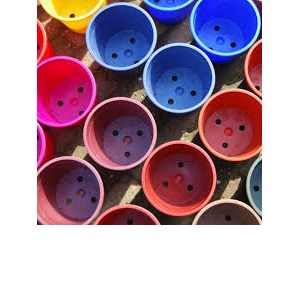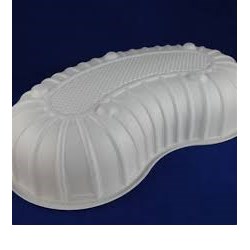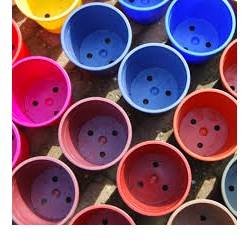In 2000 Rodenburg started experimenting with bioplastics, based on potato waste streams, using high tech technology and innovation, focussing on the second-generation feedstock. At that time they still were a bit ahead of their time as the bioplastic market still needed to mature. Nevertheless Rodenburg kept investing in highly innovative extrusion production processes, optimisation and extensive R&D. And now, that the market is ready, the investments start to pay off. Rodenburg is at the front of biobased technology, experts in biobased biodegradable compound development and production.
Rodenburg Biopolymers is based in Oosterhout, The Netherlands. Close to the ports of Antwerp and Rotterdam, making the location perfect for maritime transport and very convenient at the so called gateway to Europe. The current site setup includes extended laboratory facilities, high-tech equipment for tests in various product categories, and has an annual extrusion capacity over 60.000MT. The site setup ensures flexibility and scalability, to provide excellent customer service and high quality performance. Rodenburg Biopolymers compounds can be converted with most common manufacturing processes.
Rodenburg Biopolymers is ISO 9001:2015 certified; ISO 9001:2000 since 2004. ISO 9001 is the most comprehensive level of certification, accepted by 90 countries around the world. It provides third-party assurance that Rodenburg has the quality management to ensure all product and service components, which they author are consistently of the highest quality.



